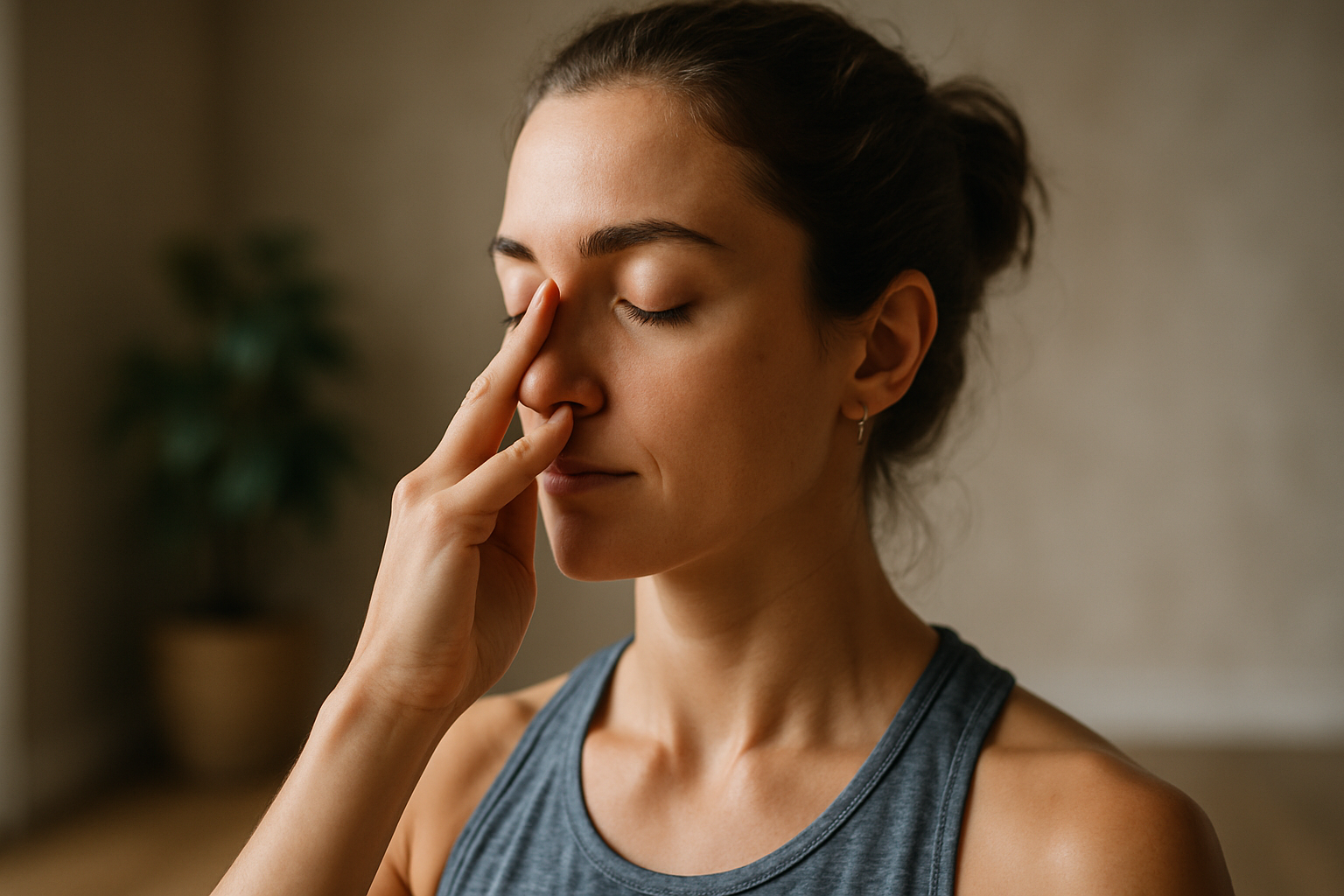Simple Daily Habits That May Help Ease Anxiety
Anxiety doesn’t always need a complicated solution — sometimes, it’s the simple daily habits that make the biggest difference. Experts are now highlighting easy, approachable steps anyone can take to feel calmer, more grounded, and in control. From mindful breathing to small lifestyle tweaks, these techniques are helping people manage anxiety naturally, without relying solely on medication. Discover how a few intentional changes each day can lead to a calmer mind and a better quality of life.

What Role Does Mindfulness Play in Anxiety Reduction?
Mindfulness practice helps break the cycle of anxious thoughts by bringing attention to the present moment. This technique involves observing thoughts and feelings without judgment, which can reduce the intensity of anxiety symptoms. Regular mindfulness practice has been shown to lower stress hormones and activate the body’s relaxation response. Even brief sessions of 5-10 minutes daily can yield noticeable benefits.
How Can Breathing Exercises Contribute to Emotional Balance?
Controlled breathing exercises directly influence the autonomic nervous system, helping to shift from a stress response to a more relaxed state. The 4-7-8 breathing technique (inhaling for 4 counts, holding for 7, exhaling for 8) is particularly effective for anxiety management. Regular practice of deep breathing exercises can improve heart rate variability and reduce anxiety symptoms over time.
What Gentle Movement Practices Can Help Ease Anxiety?
Low-impact physical activities like walking, gentle yoga, or tai chi can significantly reduce anxiety levels. These movements combine physical activity with mindful awareness, creating a dual benefit for mental health. Aim for at least 20 minutes of gentle movement daily, preferably outdoors when possible, to maximize anxiety-reducing effects.
How Does Establishing a Regular Sleep Schedule Impact Anxiety?
Creating consistent sleep and wake times helps regulate the body’s natural rhythm, which plays a crucial role in anxiety management. Good sleep hygiene includes avoiding screens before bedtime, maintaining a cool, dark sleeping environment, and establishing a calming bedtime routine. These practices can reduce anxiety symptoms and improve overall emotional resilience.
What Daily Lifestyle Changes Can Support Anxiety Management?
Simple adjustments to daily habits can have a powerful impact on anxiety levels. Limiting caffeine intake, especially after noon, can reduce physical anxiety symptoms. Regular meal times with balanced nutrition support stable blood sugar levels, which helps prevent anxiety spikes. Additionally, setting boundaries with technology use and incorporating short breaks throughout the day can prevent overwhelm.
Which Anxiety Support Tools Are Most Effective for Daily Use?
Several evidence-based tools can complement daily anxiety management practices:
| Tool Type | Purpose | Recommended Use |
|---|---|---|
| Meditation Apps | Guided mindfulness | 10-15 minutes daily |
| Anxiety Journals | Thought tracking | Morning or evening |
| White Noise Machines | Sleep support | During rest periods |
| Stress Balls | Physical release | As needed throughout day |
A consistent, gradual approach to implementing these habits often yields the best results. Remember that anxiety management is highly individual, and what works best may vary from person to person. The key is finding a combination of practices that feel sustainable and beneficial for your lifestyle.
This article is for informational purposes only and should not be considered medical advice. Please consult a qualified healthcare professional for personalized guidance and treatment.




